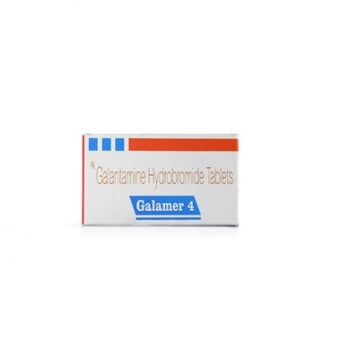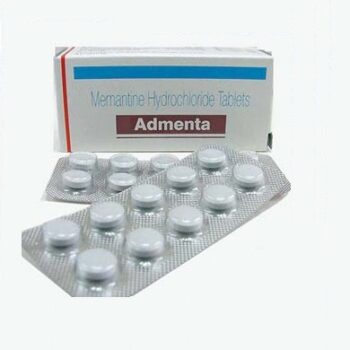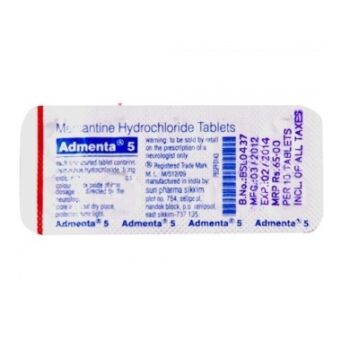Alzheimer’s medicine
Showing all 6 results
Alzheimer Disease
Alzheimer’s is a progressive disorder of the brain. It happens in a gradual way. The disease fades memory. Its traits are reasoning, thinking skills, perception, and language disturbances. This disease causes disturbances in our ability to do simple tasks. Its exact cause is unknown. Alzheimer’s medicine helps to treat these symptoms.
It is not anything happening likely later in life. Yet the likelihood of having it increases with advancing age. Some age-related brain changes improve this condition’s risk. Natural, genetic, and lifestyle factors are among other factors.
Alzheimer’s Medicine
Many Alzheimer’s Medicine may be prescribed for this disease to assist in temporarily improving a few symptoms. The main drugs are:
Acetylcholinesterase (AChE) inhibitors
These drugs increase acetylcholine levels. It is a substance in the brain that aids nerve cells in communicating with each other. Currently, specialists like neurologists or psychiatrists only prescribe them.
This disease harms the brain by lowering a chemical messenger’s levels. It is known as acetylcholine. It is essential for memory, alertness, judgment, and thought.
These inhibitors boost the amount of this chemical messenger available to nerve cells. It is by stopping its breakdown in the brain. They cannot reverse this disease or prevent the nerve cells’ destruction. These drugs eventually lose effectiveness as dwindling brain cells produce less of this chemical with the progress of this disease.
Diarrhea, nausea, and vomiting are the common side effects. Begin the treatment at a low dosage and work up to a higher dosage. It will aid in reducing side effects. Taking these drugs with food may help in minimizing side effects.
Three commonly prescribed ones are:
- Aricept: It is the only treatment that FDA approved for all stages of this disease, from mild and moderate to severe. Take this drug as a tablet that you can swallow.
- Razadyne: It is another drug for treating mild to moderate disease. You can take it as a tablet. It works immediately. Capsule and liquid forms are also available.
- Exelon: It is for those having mild to moderate symptoms. Take the capsule or liquid form of the drug.
As per the latest guidelines, these drugs should be used continuously in the disease’s later and more severe stages. Some people may respond better to specific types or have lesser side effects, including vomiting, nausea, or appetite loss. Such side effects will become better after two weeks of using the drug.
Memantine: It is for the later stages of the disease
It is not an Acetylcholinesterase inhibitor. This treats moderate and severe diseases. This is perfect for people who cannot take or tolerate Ache inhibitors.
It changes the amount of glutamate. It is a brain chemical playing a role in memory and learning. Brain cells in people having this disease give off a lot of glutamates. This drug keeps the levels of such a chemical in check. This blocks the receptors.
It may also improve how well the brain works and how well some people can perform daily tasks. This drug may work much better when you take it along with Razadyne, Exelon, or Aricept. Its side effects are dizziness, headache, tiredness, and constipation.
The FDA approved a combination of Aricept and memantine. It is taken as a capsule. Headache, nausea, diarrhea, and dizziness are their side effects.
Doctors may prescribe Alzheimer’s Medicine for other health problems with this disease, such as sleeplessness and behavior problems like aggression and agitation, or depression.








